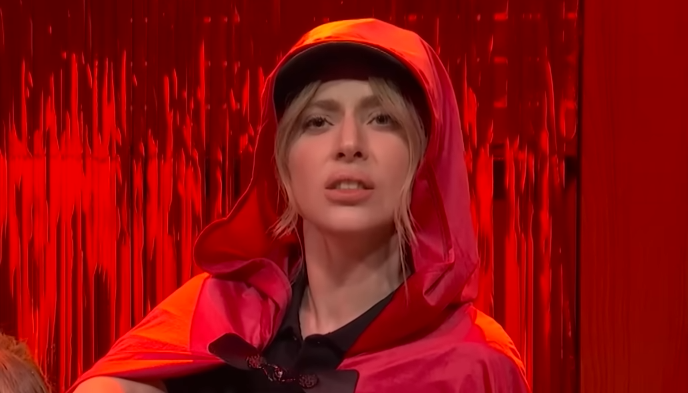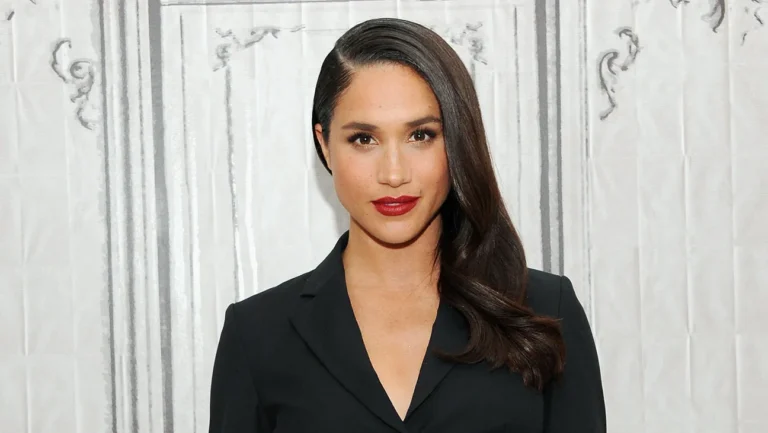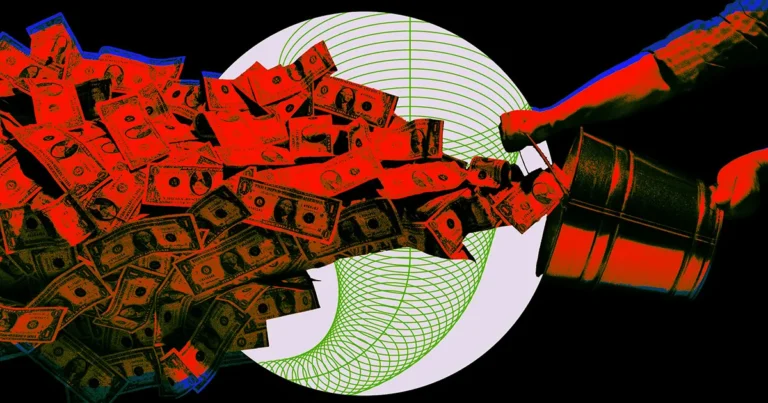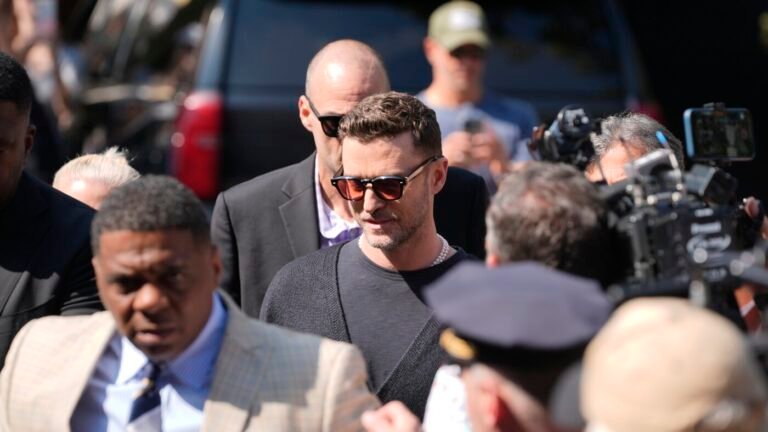Why Is Drake’s Label Asking To Dismiss His Lawsuit Over Kendrick Lamar’s ‘Not Like Us’?
Drake has made headlines once again, but this time, it’s not for a chart-topping hit or another collaboration with a fellow artist. The rapper has filed a lawsuit against Universal Music Group (UMG), accusing the label of promoting Kendrick Lamar’s track “Not Like Us” in a way that damages his reputation. UMG has responded with a scathing motion to dismiss, making it clear they believe the lawsuit is nothing more than a response to a bruised ego following a rap battle.
Universal Music Group’s Sharp Response
In the motion to dismiss, filed earlier today, UMG pulls no punches in its argument. The company claims Drake’s lawsuit is rooted in bitterness from a rap battle he “provoked” and lost. Instead of accepting the defeat with his usual unbothered demeanor, the motion suggests, Drake is suing his own record label to “salve his wounds.”
“Plaintiff’s Complaint is utterly without merit and should be dismissed with prejudice,” the motion reads, suggesting the lawsuit should be tossed out once and for all. UMG argues that the claims are entirely unfounded, drawing attention to Drake’s previous public stance. Less than three years ago, Drake signed a petition criticizing the use of artists’ lyrics in legal cases, arguing that rap lyrics should not be treated as factual evidence. The motion states: “Drake was right then and is wrong now,” indicating a contradiction in his current lawsuit.

The Heart of the Dispute: “Not Like Us”
At the center of the lawsuit is Kendrick Lamar’s song “Not Like Us,” which Drake claims was used by UMG to undermine him. According to Drake, the song promotes harmful and false ideas, damaging his image. However, UMG’s motion to dismiss argues that the song is not factual but rather a piece of creative expression. They assert that “Not Like Us” conveys “nonactionable opinion and rhetorical hyperbole,” not defamatory statements. This means, in UMG’s view, the song cannot be interpreted as malicious or harmful in a legal sense.
Additionally, UMG points out that there’s a double standard at play. They argue that Drake himself has released diss tracks targeting Lamar, and thus, the label shouldn’t be held accountable for promoting Lamar’s response. The company asserts that if Drake can release diss tracks, then it’s only fair that Lamar has the freedom to respond in kind.

Drake’s Attorney Fires Back
He legal team isn’t backing down. Michael J. Gottlieb, Drake’s attorney, shared a statement with Variety, calling out UMG’s attempt to dismiss the lawsuit. Gottlieb claims that the label is deflecting attention from the real issue: the alleged dangerous misinformation being promoted through music. “UMG wants to pretend that this is about a rap battle in order to distract its shareholders, artists, and the public from a simple truth,” Gottlieb argues. “A greedy company is finally being held responsible for profiting from dangerous misinformation that has already resulted in multiple acts of violence.”
Gottlieb’s statement suggests that the issue is far more serious than a mere rap feud, framing the case as a matter of accountability for UMG’s actions. He adds that the lawsuit will continue to expose UMG’s alleged history of mistreating and profiting off its artists, emphasizing the impact on Drake’s personal and professional life.

What’s at Stake for Drake and UMG?
The outcome of this legal battle could have far-reaching implications, not just for Drake and UMG, but for the music industry as a whole. If Drake succeeds, it could set a precedent for how record labels handle the promotion of controversial content and their responsibility in managing artists’ reputations. On the other hand, if UMG’s motion to dismiss is granted, it could send a strong message about the limits of legal action in cases involving artistic expression.
Conclusion: A Rap Battle with Real Consequences
While the lawsuit may have started as a dispute between two rap giants, it’s quickly turning into a high-stakes legal showdown. With accusations of dangerous misinformation, artist exploitation, and a rap battle gone wrong, the case highlights the complexities of navigating the intersection of art, business, and law in the music industry.
As the case progresses, all eyes will be on how the courts handle this blend of artistic expression, legal accountability, and the power of music labels like UMG. Drake and his legal team are confident that the lawsuit will continue, hoping it will lead to greater accountability for the industry’s powerful players. Will Drake’s claims stand up in court, or will UMG’s motion to dismiss bring the battle to an end? Only time will tell.







